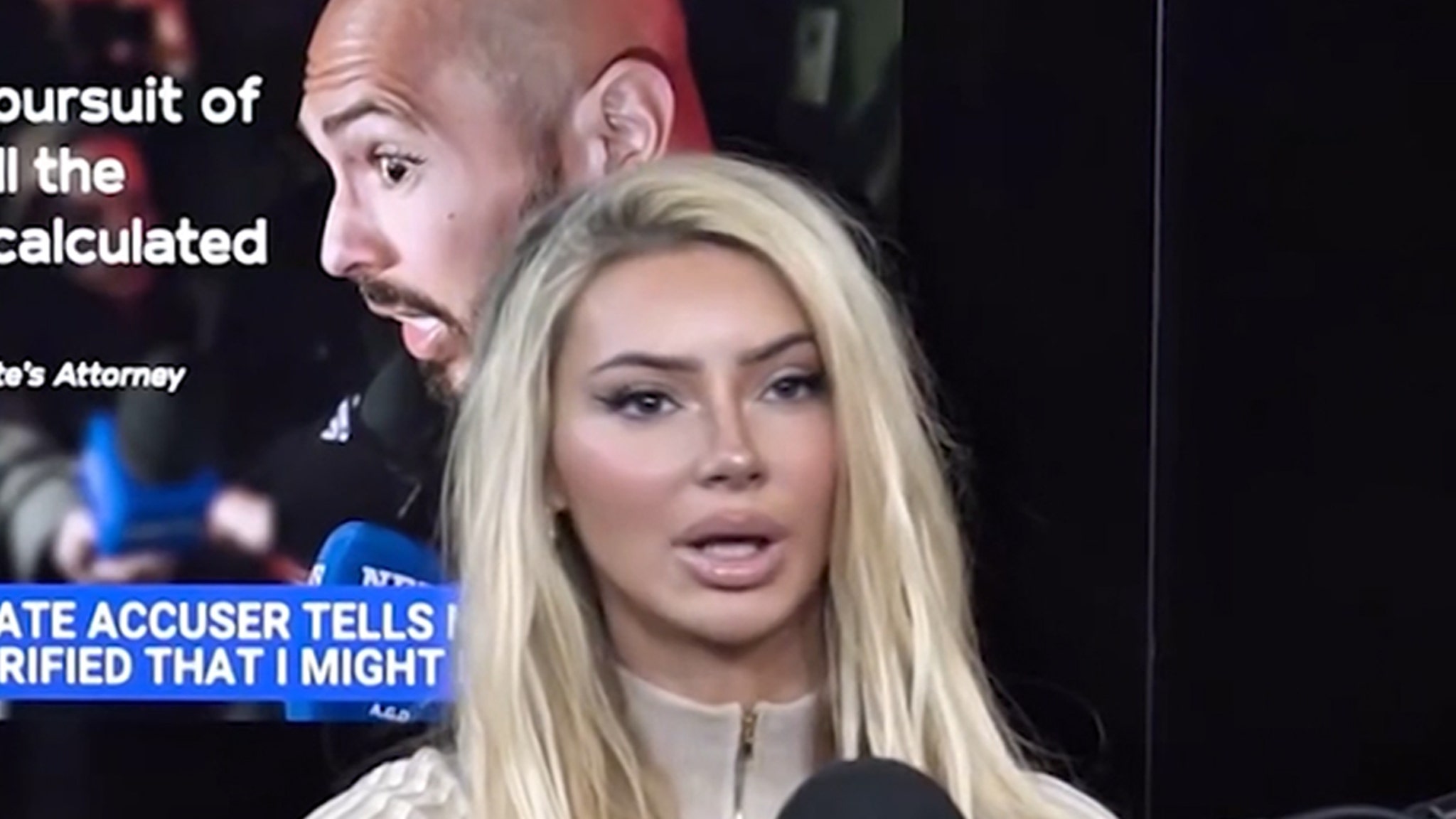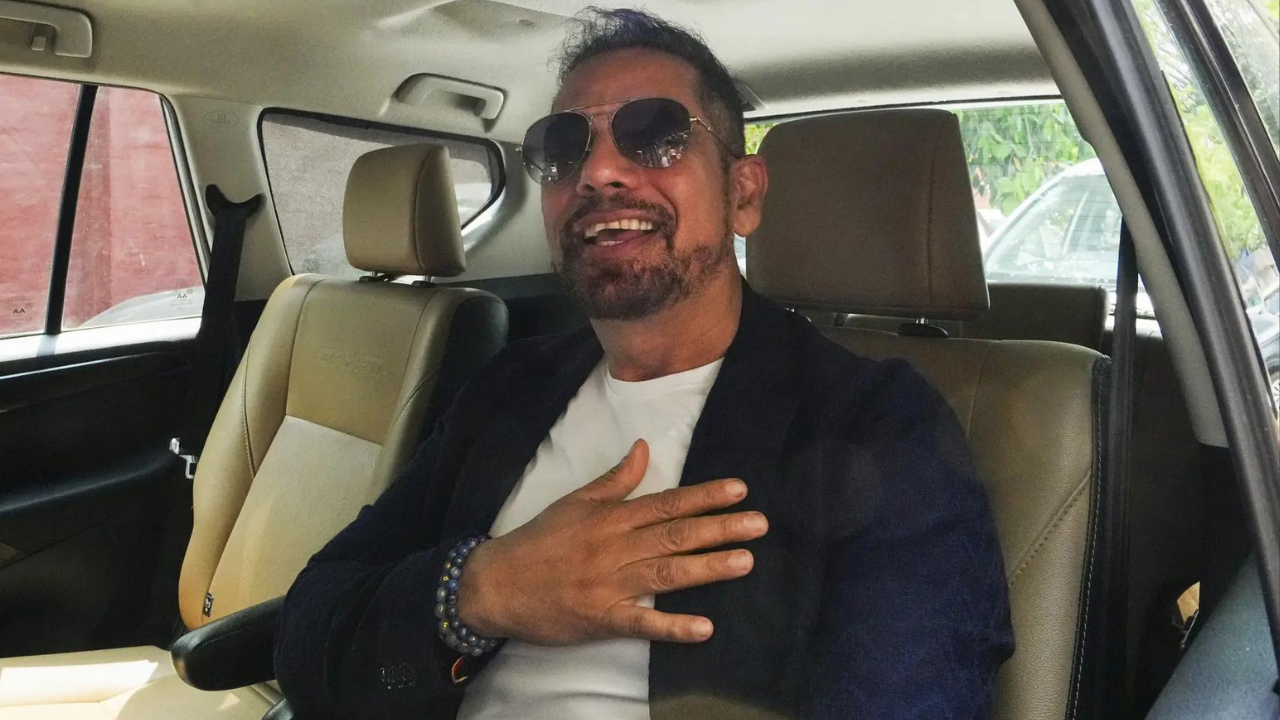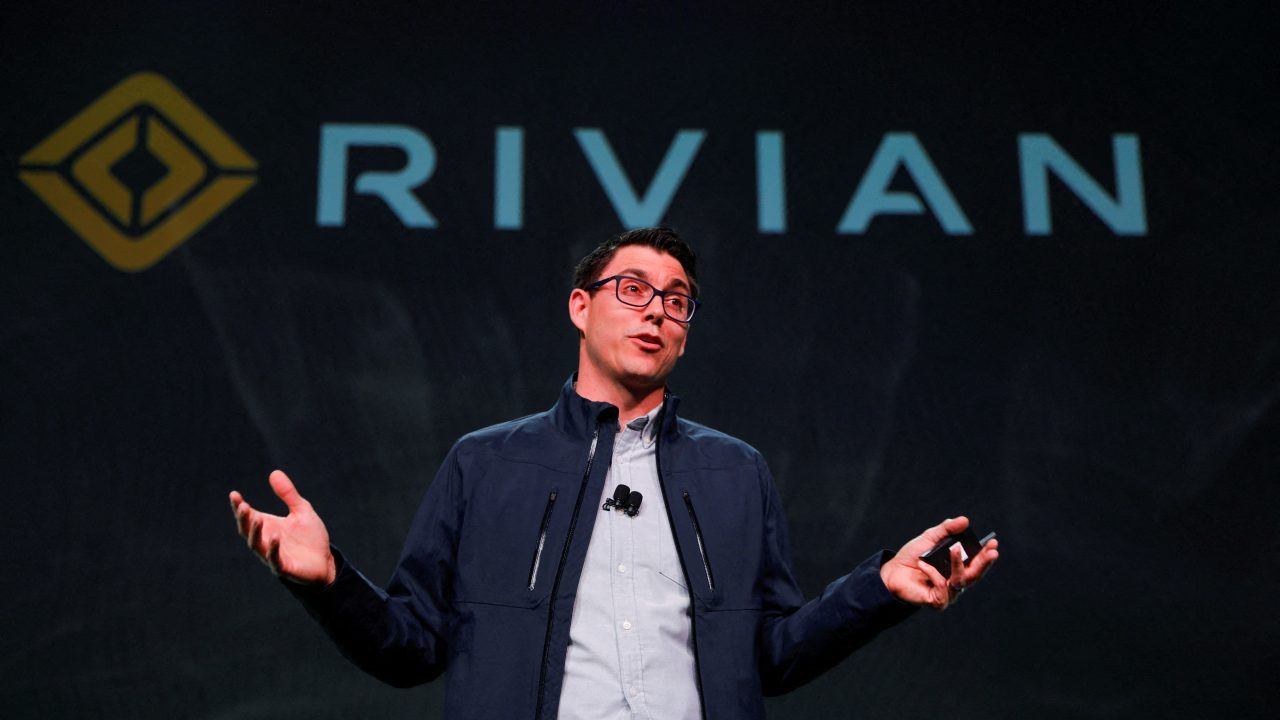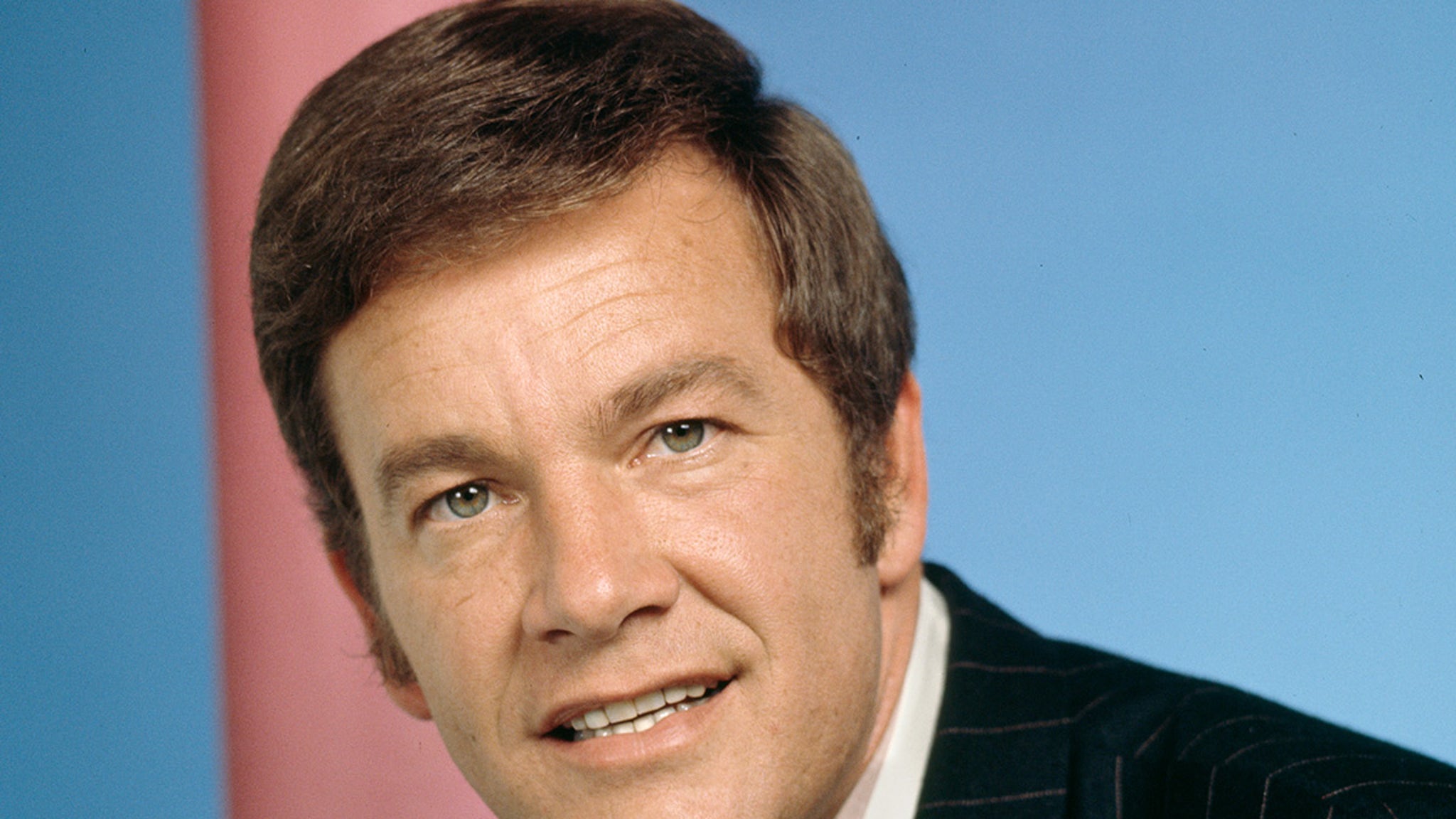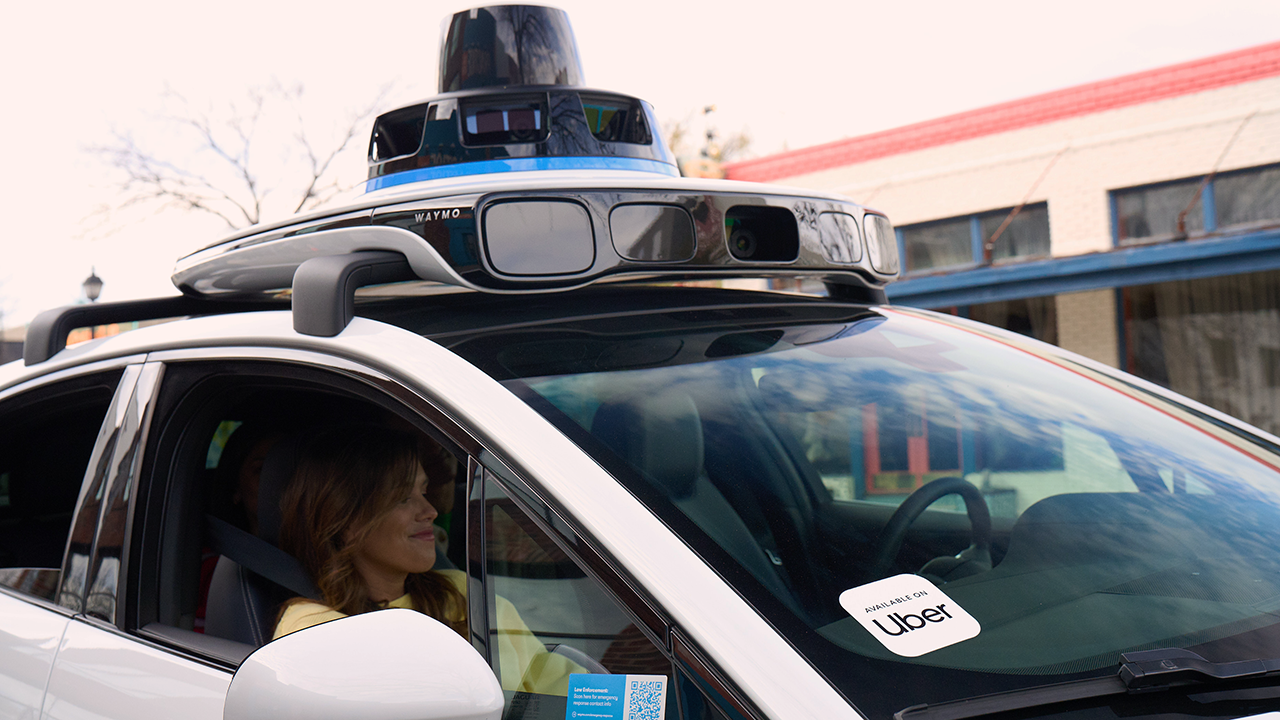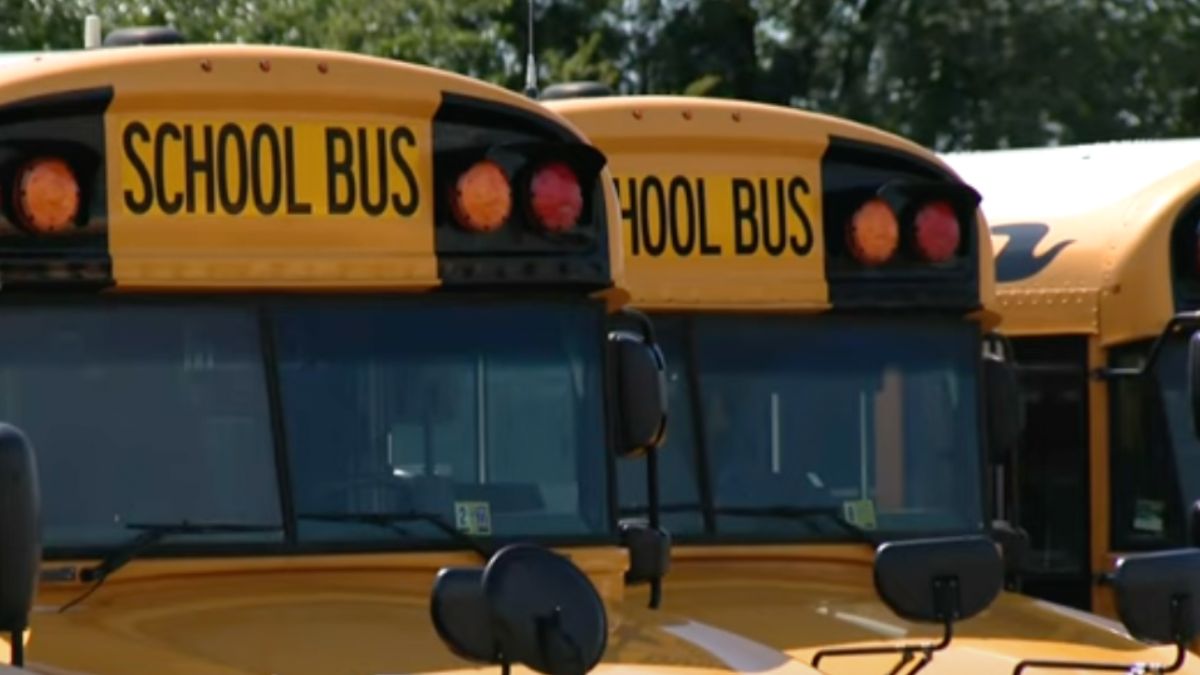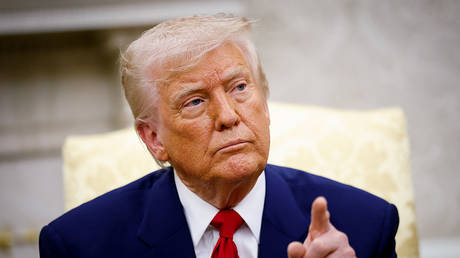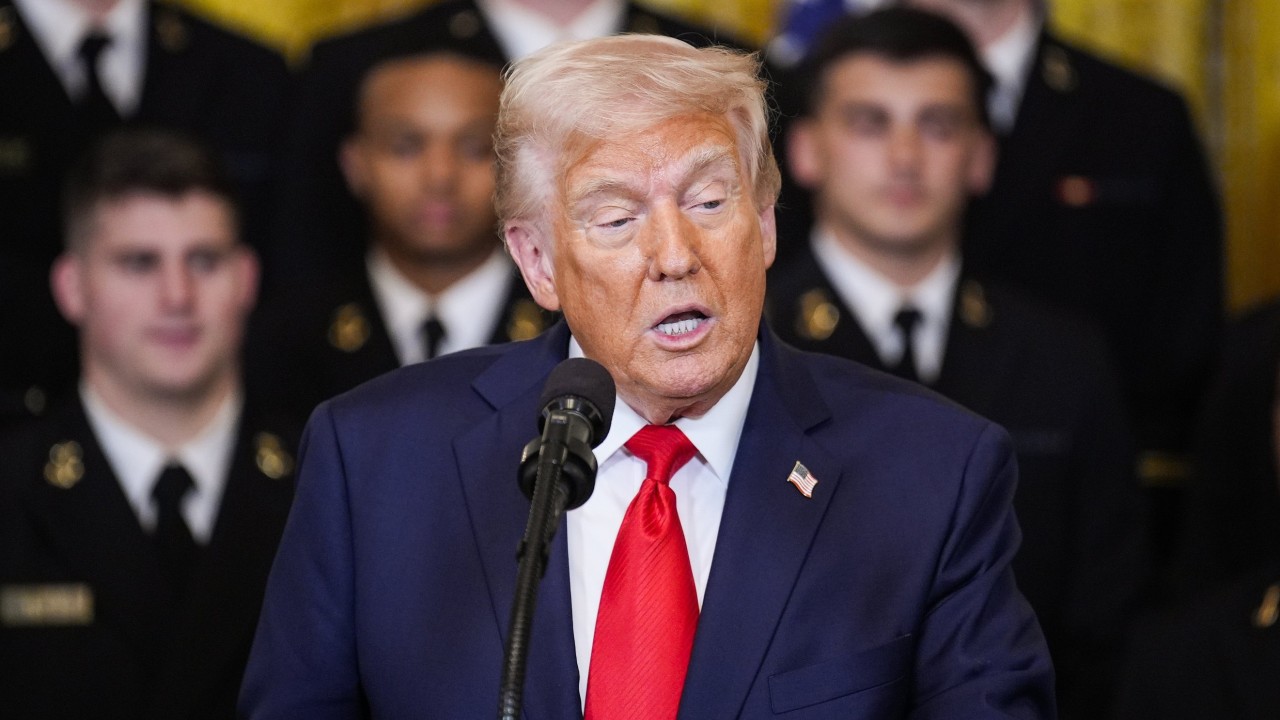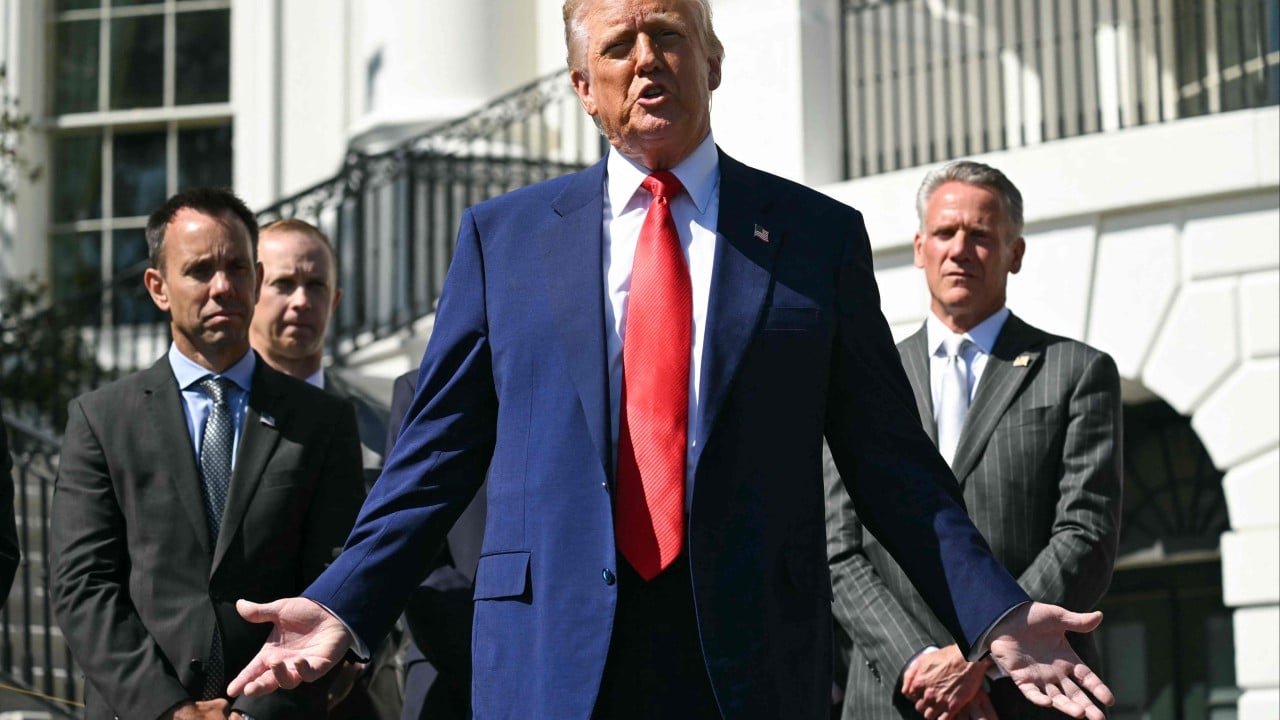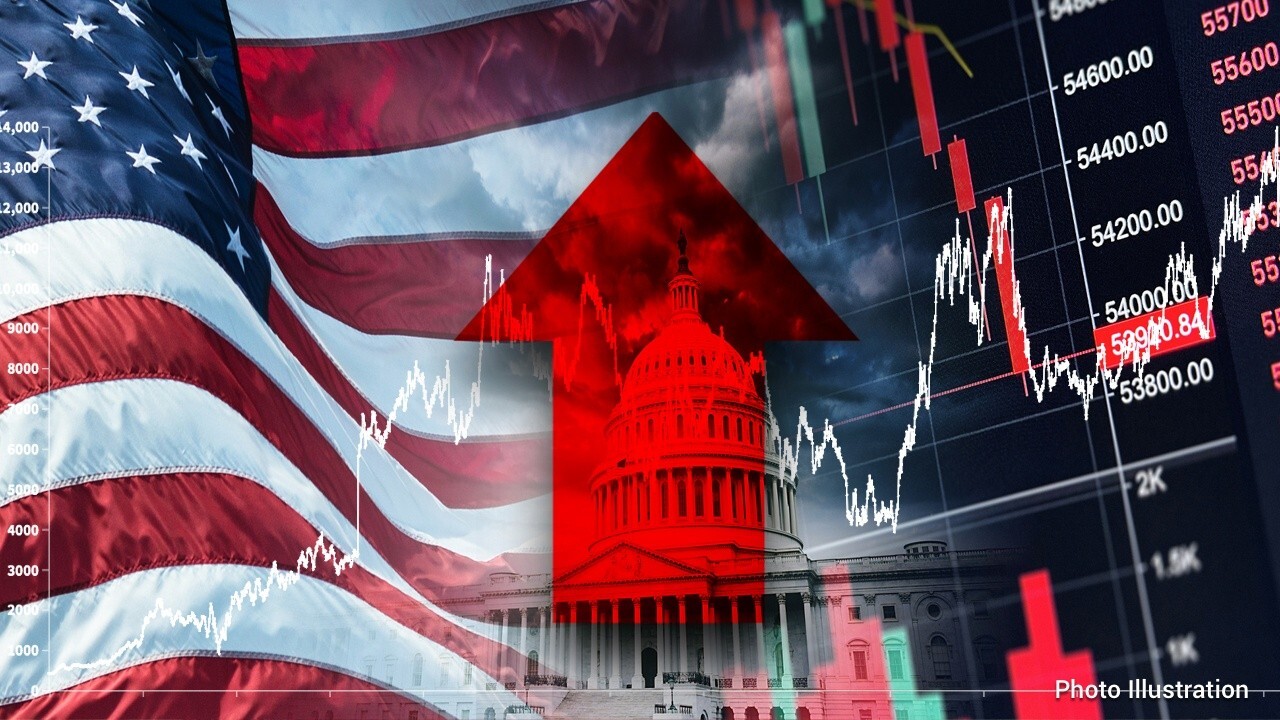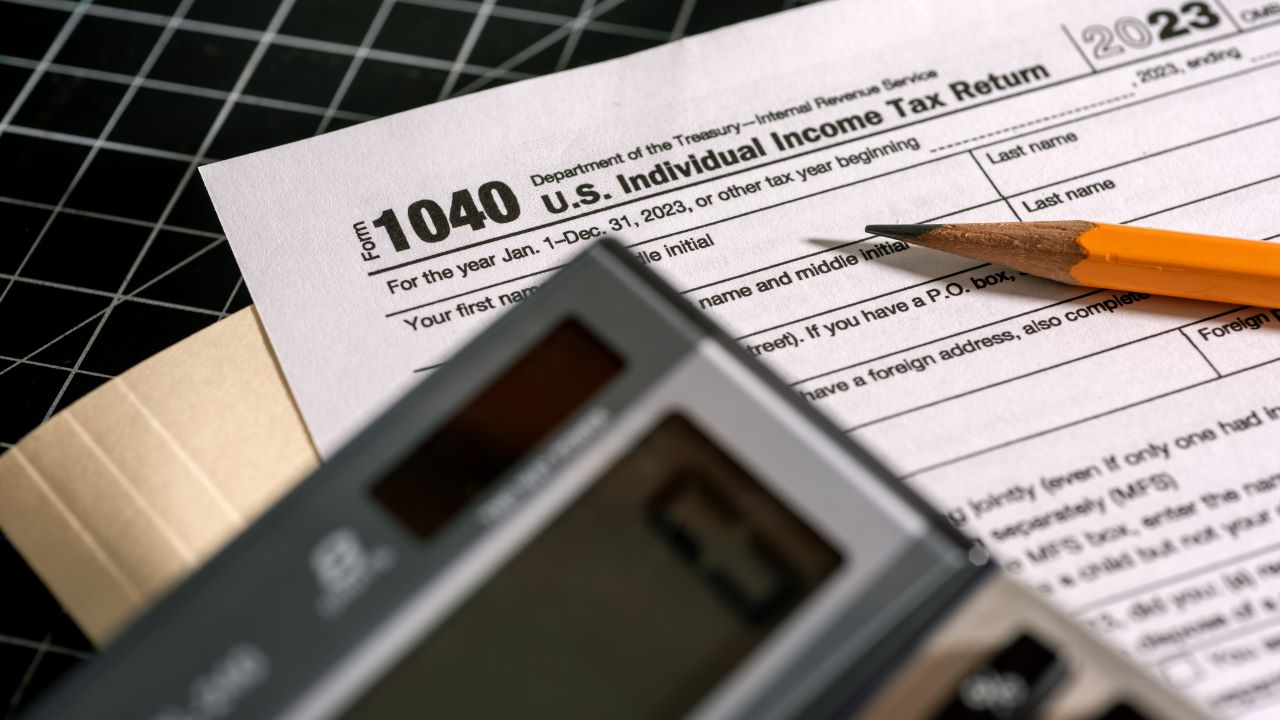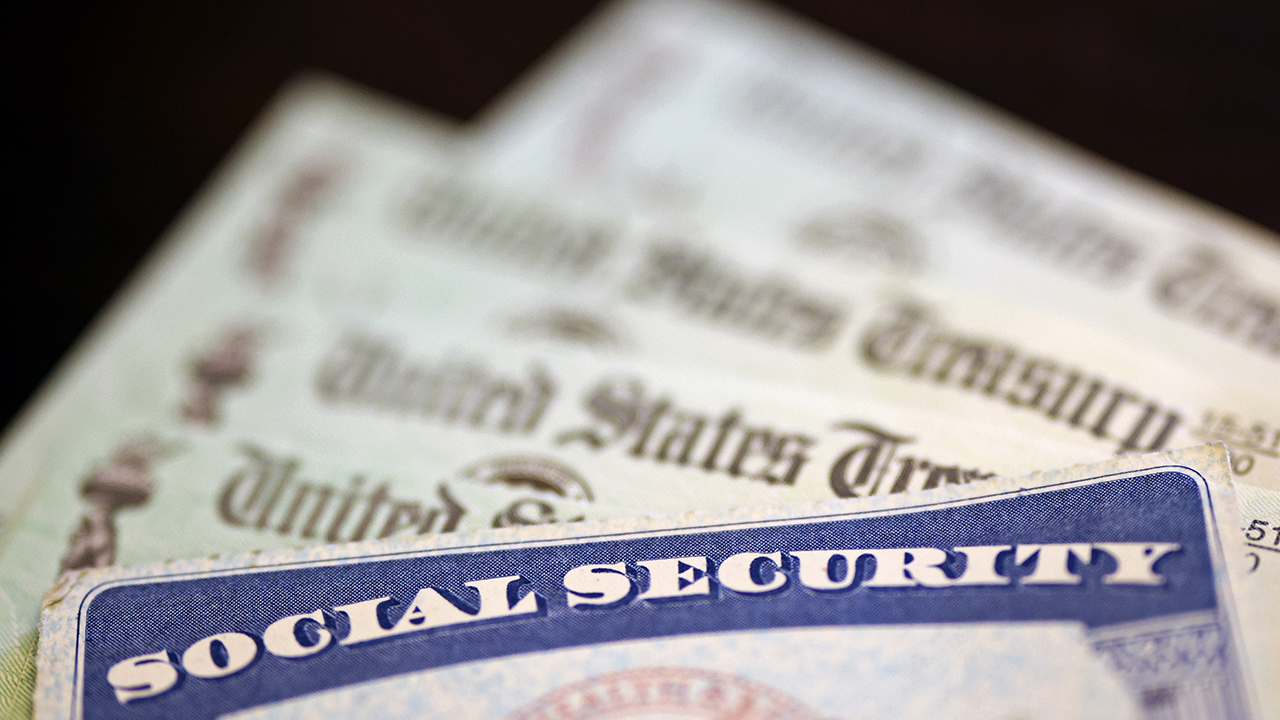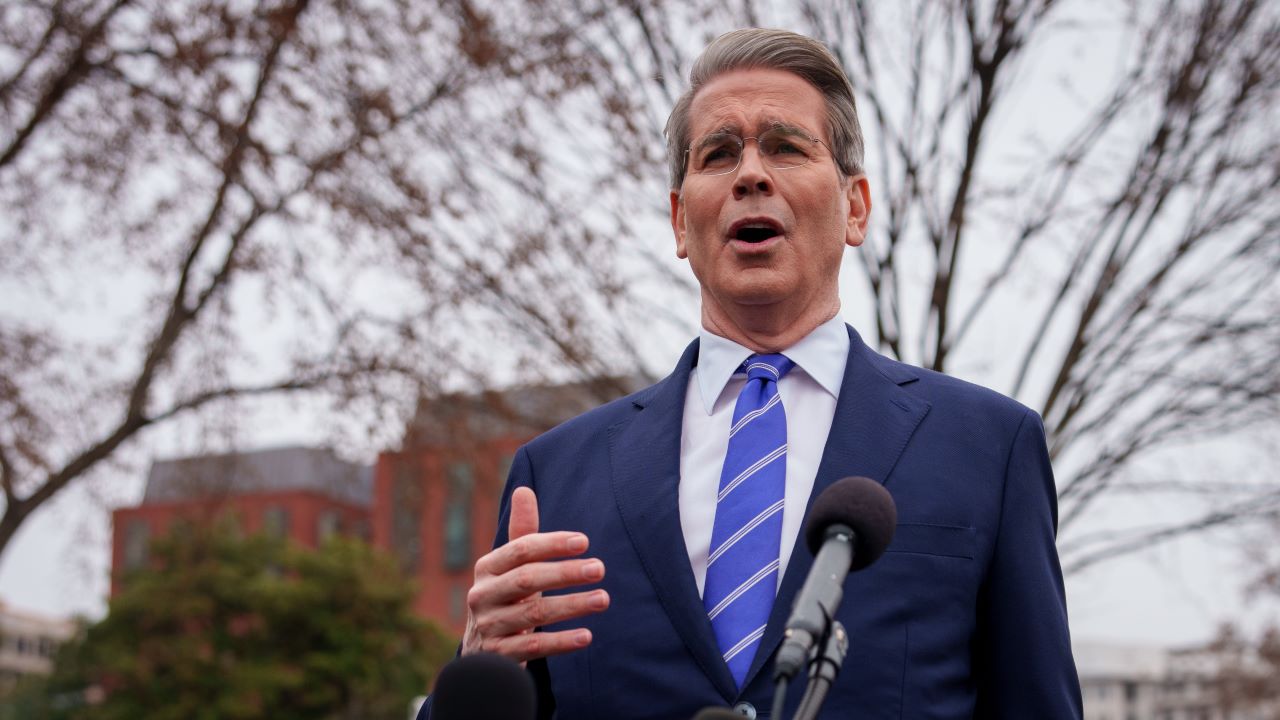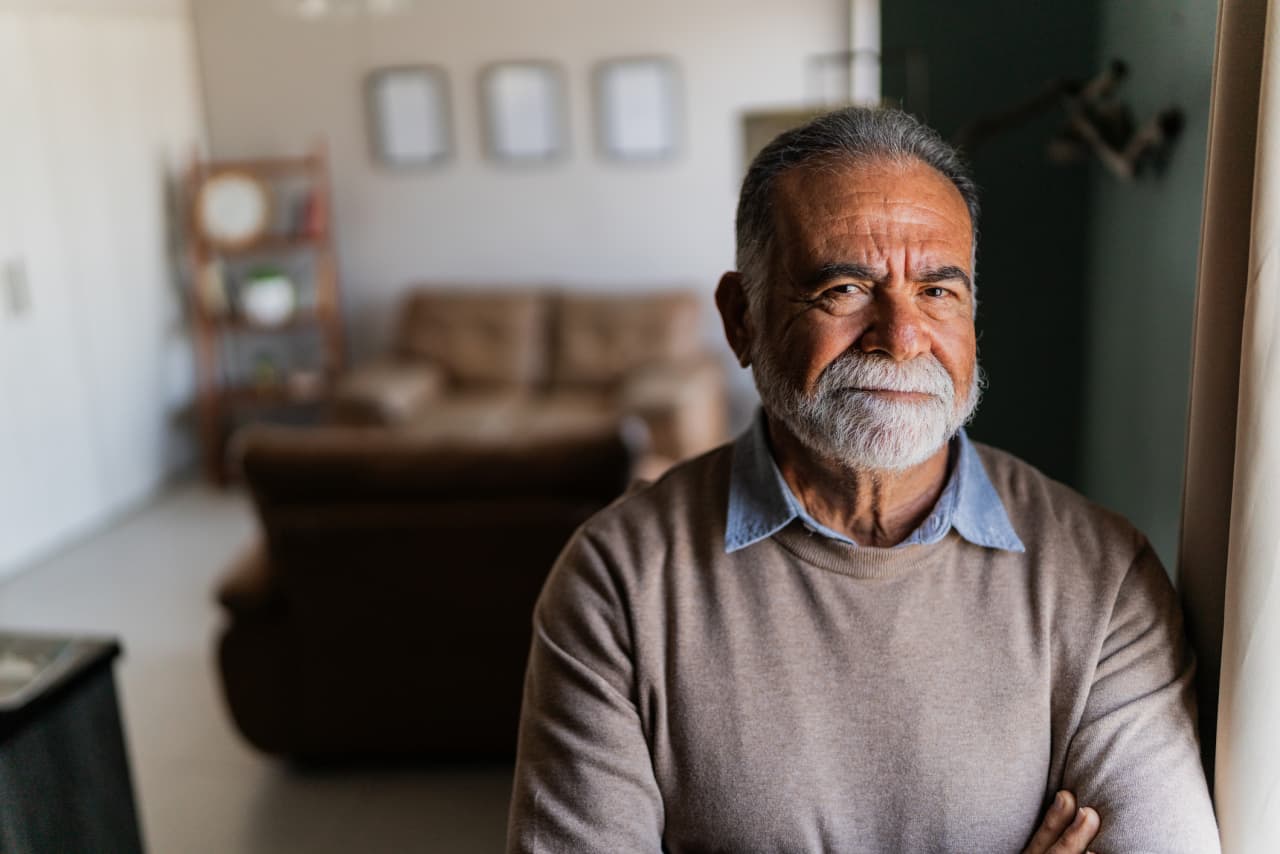Daylight Savings: It's about the sunlight
Daylight Saving Time has long been a congressional bone of contention – and with President Trump's blessing, many lawmakers appear ready to wipe it off the calendar.
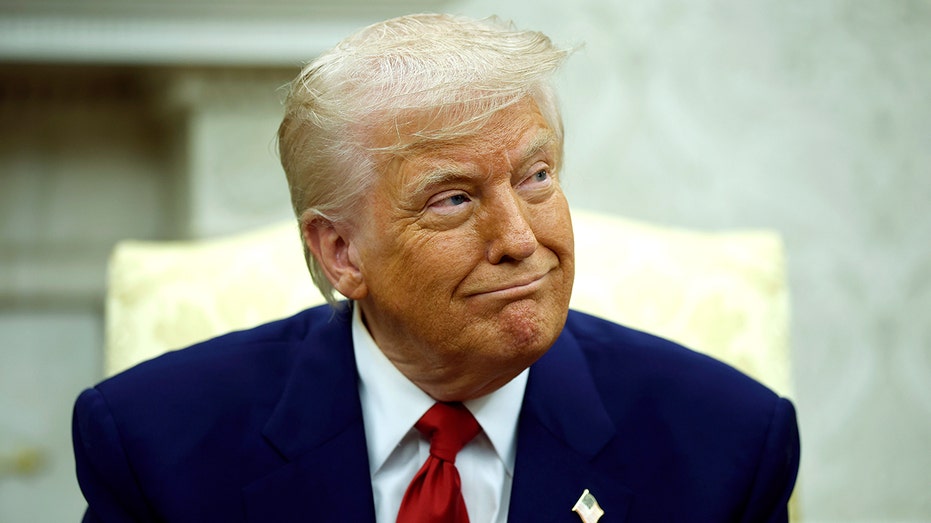
It’s not about the math.
But it is about the sunlight.
"My goal is just to make sure people get more sunshine," said Sen. Ed Markey, D-Mass.
"I am fond of saying you can't shovel sunshine," said Sen. Ted Cruz, R-Tex.
"The American people love having an extra hour of sunlight," said Sen. Rick Scott, R-Fla.
'STOP THE CLOCK': GOP, DEMS COME TOGETHER TO END DAYLIGHT SAVING OVER HEALTH, ECONOMIC RISKS
Tax day is upon us. So millions of Americans are hoping they score a refund from the federal government.
And millions of Americans are hoping Washington can help them pocket an extra hour of daylight too.
This is why Congress is trying to maximize the sun.
Some lawmakers believe it’s time to "lock the clock." Either choosing Standard Time or Daylight Saving Time. But the twice-a-year clock switching may be living on borrowed time.
That’s why the Senate Commerce Committee held the first Congressional hearing on the biannual time change for the first time in three years last week.
"We need to stop the clock. We need to find a solution and stick with it," said Sen. Lisa Blunt Rochester, D-Del. "People across our country are tired of the constant cycle of falling back and springing forward. I mean, who hasn't forgotten to change their clock on their microwave. I think mine is still on the wrong time."
WE LIVE IN TIME: DAYLIGHT SAVINGS AND THE 'TIME LORDS' OF CONGRESS
President Trump has weighed in several times in opposition to the clock switching – both during this term in office and during his previous tenure.
In March, the President called it a "50-50 issue." But Mr. Trump again wrinkled the time conversation with a post on Truth Social. Despite not taking a stand when the U.S. "sprang forward," President Trump was emphatic about what should happen now.
"The House and Senate should push hard for more Daylight at the end of a day. Very popular and, most importantly, no more changing of the clocks, a big inconvenience and, for our government, A VERY COSTLY EVENT!!!," wrote the President.
Rick Scott has grappled with the time issue before. Scott served two terms as governor of Florida before entering the Senate. Scott signed a bill into law that would let the Sunshine State (go figure) opt out of the time change. A similar piece of legislation has bipartisan support on Capitol Hill.
Scott looked to the president’s lead.
"We have a great opportunity to finally get this done with President Trump on board to lock the clock," said Scott.
But locking it an hour ahead? Or an hour behind? There’s little agreement.
TRUMP SAYS CONGRESS SHOULD PUSH 'FOR MORE DAYLIGHT AT THE END OF A DAY'
The Senate voted to permanently park the U.S. on Daylight Saving Time in 2022. Secretary of State and then-Sen. Marco Rubio, R-Fla., surprisingly advanced a bill without objection from any senator.
"Without objection, so ordered!" exclaimed former Sen. Kyrsten Sinema, I-Ariz., who presided over the Senate that day.
"Yes!" she declared, yanking her arms toward her like a coach who’s kicker just drilled a field goal late in the game.
But the plan died in the House.
"The spring clock change to Daylight Saving Time is bad. But permanent Daylight Saving Time is worse," testified Karin Johnson a Professor of Neurology at UMass Chan School of Medicine. "The later sunrises and sunsets of Daylight Saving Time lead to higher risks of chronic diseases, including but not limited to cancer, diabetes, heart disease, obesity, and these outweigh the short term risks of what happens with the time change."
Johnson also told senators that "year-round Standard Time is a natural, healthy choice promoting physical health, mental health performance and safety."
CONGRESS DEBATES FUTURE OF DAYLIGHT SAVING TIME
Johnson argued that the U.S. should not "pick something that’s been tried and failed twice before."
Johnson’s right. The U.S. has "sprung" forward to Daylight Saving Time – or its equivalent – on two separate occasions. In 1918, Congress voted for the nation to embrace Daylight Saving Time to conserve energy during World War I. Farmers pushed a repeal of Daylight Saving Time. So Congress undid it. President Woodrow Wilson vetoed the bill. But Congress overrode him. It’s one of only 112 successful presidential veto overrides by Congress in the history of the republic.
Lawmakers greenlighted the Emergency Daylight Saving Time Energy Conservation Act – triggering year-round Daylight Saving Time – in the mid 1970s. This was in response to the OPEC oil shocks. The nation was supposed to remain on Daylight Saving Time for two years. But the new time proved so unpopular that lawmakers unwound the clocks to Standard Time after only a few months.
However, permanent Daylight Saving Time has its advocates.
Jay Karen of the National Golf Course Owners Association told senators that shifting the clocks an hour ahead would prompt an extra 27 million rounds of golf on the links each year. Karen estimated that golf course owners would pocket an additional $1 billion.
"Americans overwhelmingly prefer evening recreation over early morning," testified Karen.
But do you know who absolutely hates Daylight Saving Time?
Convicts!
A University of Washington study found that the single toughest sentencing day of the year is the Monday after we spring forward each March.
Blame it on cranky judges who lost an hour of sleep.
DAYLIGHT SAVING TIME: THERE OUGHTA BE A LAW
"Some people receive harsher sentences than they otherwise would," said Scott Yates of the Lock the Clock Movement.
Justice may be blind. But it can certainly tell time.
Arizona and Hawaii don’t observe Daylight Saving Time.
Sen. Todd Young, R-Ind., is leery of a nationwide fix. Two time zones cleave the Hoosier State.
"We have 12 counties in the western part of the state that are in the Central Time Zone," said Young. "Maybe a one-size-fits-all national policy on time changes doesn't take into account the regional differences that significantly impact daily life."
It all hinges on location. Some people in the north and east will benefit for some of the year. But the sun will come up too early in the summer and set too early in the winter. Residents on the western ends of time zones seem to get more sunlight later in the year as well. But other locales? Not so much.
"Hello darkness, my old friend," mused Cruz, channeling Simon & Garfunkel.
During the hearing, Cruz commented to a witness that "your time has expired."
And that may be the case with the time change. But not unless Congress can agree what to do.
Even the name of the March time switch is contrived. It’s classic Washington spin. "Daylight Saving." Lawmakers are essentially trying to convince the public they’re getting more of something – for free. But they’re not.
There are only so many hours and minutes of sunlight in the day. Period. It’s always going to get too dark too early somewhere. And the sun will always come up too early somewhere. And even though Congress has a lot of clout, it certainly can’t control that.
What's Your Reaction?







